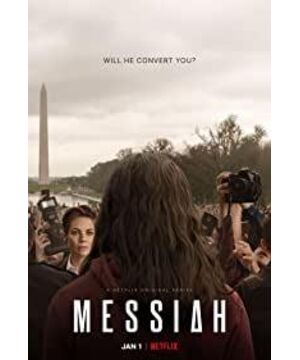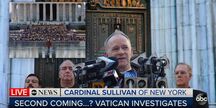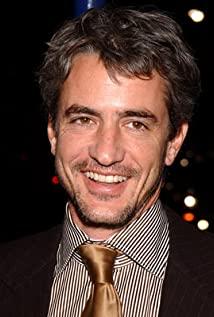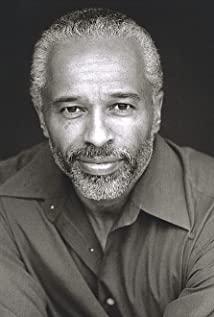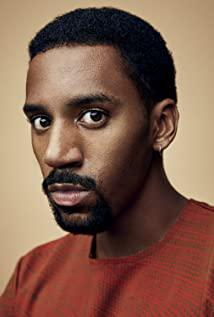After seeing the sixth episode, I finally feel the charm of the two-line editing, a little personal note
al-masih-the postmodern god: He descended to Texas in a Hollywood style. The metatext level is the incarnation of American culture-CG disaster, instagram, gun, road movie. But it is also a pre-modern god: preaching methods, quotations, mystery, contingency, various hermeneutics, fundamental and secular disputes.
Jibril-Starting from the name, it is ordinary, nowhere to go. He is a sideline, an object of God that has been repeatedly emphasized; ignored by the media, abandoned by his compatriots, locked out of a shelter, and alone. The passage about him is repetitive, dim, and mediocre. It is the story that the audience wants to skip. So beyond the text, he is reality.
The last two "miracles" edited in parallel: al-masih's water walk is a textual spectacle, the vulgar Hollywood daily scenery of reality: people who want to get something from him are destined to get nothing; and Jibril Leading the tribe to cross the border is a real miracle, and the soldiers put down their guns-pure anti-common sense-the impossibility of reality. He is a modern god, a universal suffering face, and because of this he has never been noticed. He is also a god that connects the pre-modern to the post-modern, the inner divinity of man-full of (non-)potential.
However, after writing so much, without enough religious knowledge to contextualize, it may also be read incorrectly.
View more about Messiah reviews


